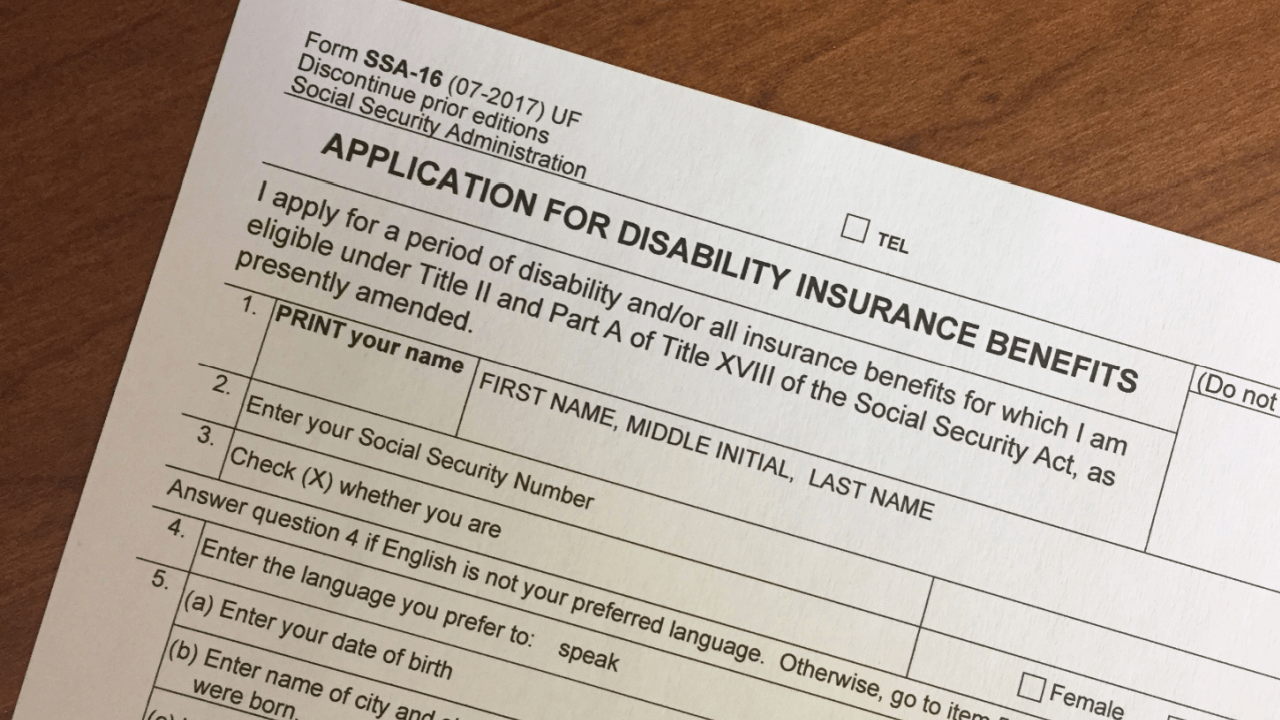
How to Approach SSDI Reconsideration After a Denial
How to Guarantee SSDI Approval on Reconsideration
Understanding the SSDI reconsideration process requires careful preparation and thorough documentation. While no appeal process offers certainty, this guide outlines general considerations that may help claimants better understand how reconsideration is evaluated.
The reconsideration process represents your first opportunity to challenge an initial SSDI denial. During this critical stage, Social Security reviews your case with fresh perspective, examining new evidence and documentation you provide. Success depends on addressing the specific reasons for your initial denial while strengthening weak areas in your application.
Documentation Strategy: Building Your Strongest Case
Comprehensive medical documentation forms the foundation of successful SSDI reconsideration appeals. The Social Security Administration requires substantial evidence proving your disability prevents substantial gainful activity. Gather complete medical records spanning the entire period since your alleged onset date, including hospital visits, specialist consultations, diagnostic tests, and treatment notes.
Request detailed reports from all treating physicians, emphasizing functional limitations rather than just diagnoses. Your doctors should document specific restrictions like lifting capacity, walking distance, concentration difficulties, and pain levels. These functional assessments directly address Social Security’s evaluation criteria during the reconsideration process.
Update your medical file with recent examinations and any condition progression since your initial application. Fresh medical evidence demonstrates ongoing disability and counters potential arguments that your condition has improved.
Medical Evidence: Strengthening Your SSDI Reconsideration
Medical evidence quality often determines reconsideration outcomes more than quantity. Focus on objective medical findings like lab results, imaging studies, and specialist evaluations rather than subjective pain reports alone. The Disability Evaluation Under Social Security guidelines specify medical criteria for various impairments.
Specialist Documentation Requirements
Obtain comprehensive evaluations from relevant specialists treating your condition. Cardiologists, neurologists, psychiatrists, and other specialists carry significant weight in disability determinations. Their detailed assessments of functional capacity provide crucial support for your claim.
Mental Health Considerations
Mental health impairments require specific documentation addressing your ability to maintain concentration, interact socially, and adapt to workplace changes. Psychological evaluations, therapy notes, and psychiatric treatment records contribute essential evidence for SSDI reconsideration involving mental health conditions.
Request Mental Status Examinations from qualified professionals if your case involves psychological impairments. These evaluations provide objective assessments of cognitive functioning and emotional stability.
Professional Support: Maximizing SSDI Approval Success
Some claimants choose to work with legal representatives to assist with evidence development and procedural requirements during reconsideration. Experienced disability attorneys understand Social Security’s evaluation process and common denial reasons. They identify case weaknesses and gather supporting evidence that non-professionals often overlook.
Attorneys help secure comprehensive medical records, coordinate with healthcare providers, and present evidence in formats Social Security reviewers prefer. SocialSecurityDisability.com offers expert guidance throughout the appeals process, ensuring your case receives thorough preparation.
Legal professionals also prepare detailed briefs explaining why initial denials were incorrect, addressing specific regulatory criteria your case meets. This targeted approach focuses on presenting information in a manner consistent with applicable SSDI reconsideration criteria.
Final Decision: How to Guarantee SSDI Approval on Reconsideration
The reconsideration review process typically takes 3-5 months, during which disability determination services examines your updated case file. Different personnel review your claim compared to the initial application, providing fresh perspective on your disability evidence.
Success requires demonstrating that your condition meets Social Security’s definition of disability through medical evidence, functional limitations, and duration requirements. Your case must show the disability prevents substantial gainful activity and has lasted or will last at least 12 months.
Understanding SSDI reconsideration involves presenting medical and functional evidence for review under Social Security’s disability criteria. The Code of Federal Regulations outlines specific requirements for disability determinations.
Take Action Now: Get SSDI Reconsideration Help
Don’t navigate the complex reconsideration process alone. Some individuals seek professional guidance to help understand the reconsideration process and applicable procedural requirements. Contact experienced disability advocates who understand the intricacies of SSDI application processes and reconsideration requirements. Time limits apply to filing appeals, making prompt action essential for protecting your rights and financial future.
Frequently Asked Questions
1. What are the chances of SSDI approval on reconsideration?
Reconsideration approval rates typically range from 10-15%, making strong evidence and professional representation crucial for success.
2. How long does SSDI reconsideration take?
The reconsideration process usually takes 3-5 months from filing to decision, though complex cases may require additional time.
3. Can I submit new medical evidence during reconsideration?
Yes, submitting updated medical records and new evidence is essential for strengthening your reconsideration appeal.
4. What happens if my SSDI reconsideration is denied?
If reconsideration is denied, you can request a hearing before an Administrative Law Judge within 60 days of the denial notice.
5. Should I hire an attorney for SSDI reconsideration?
Professional representation significantly improves success rates and ensures proper case preparation and evidence presentation.
Key Takeaways
- Comprehensive medical documentation addressing functional limitations is essential for reconsideration success
- Updated medical evidence and specialist evaluations strengthen your case significantly
- Professional legal representation improves approval odds and prevents procedural mistakes
- Focus on objective medical findings rather than subjective symptoms alone
- Act quickly to meet filing deadlines and maximize your chances of approva


